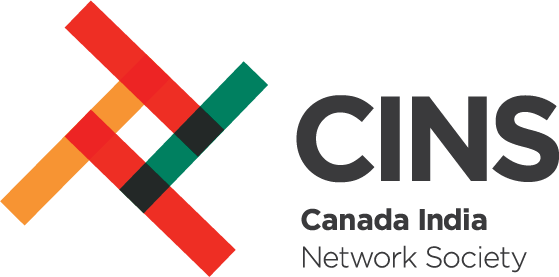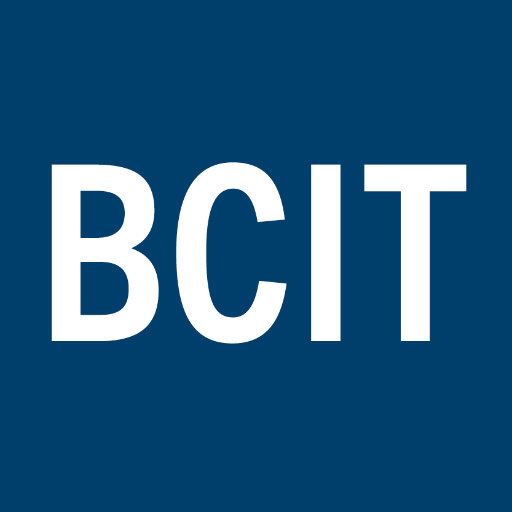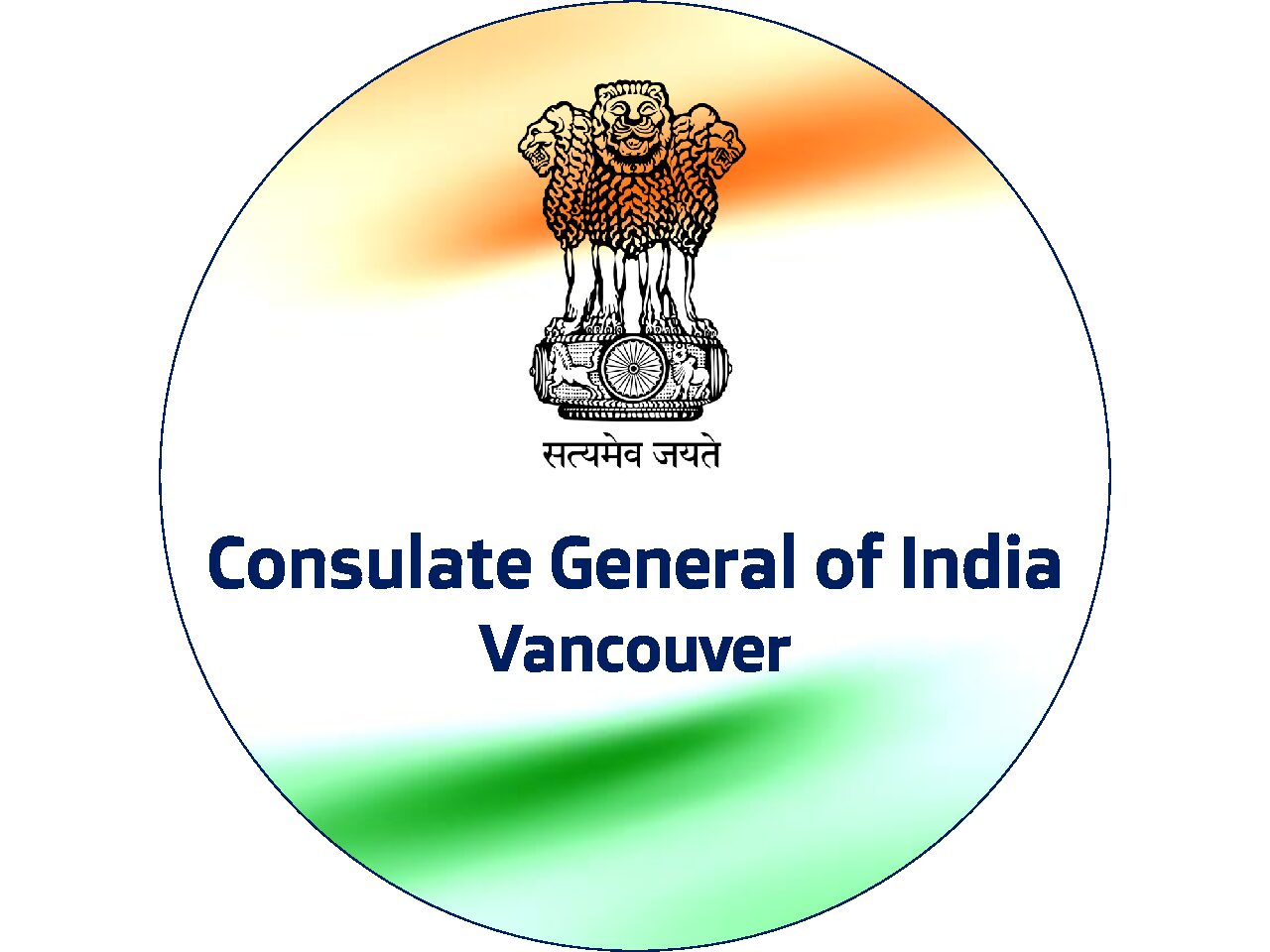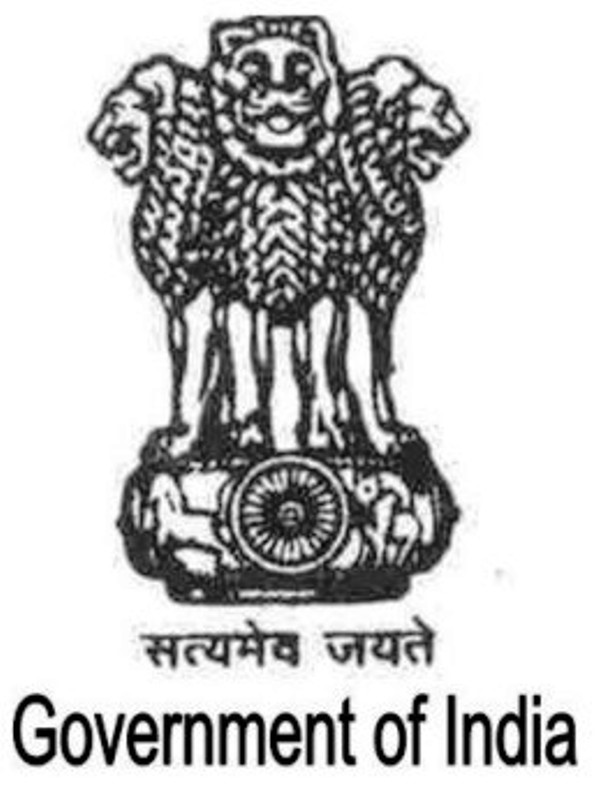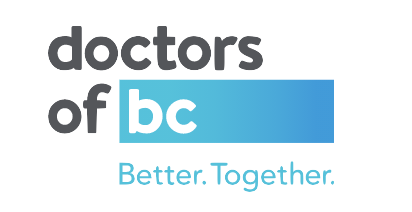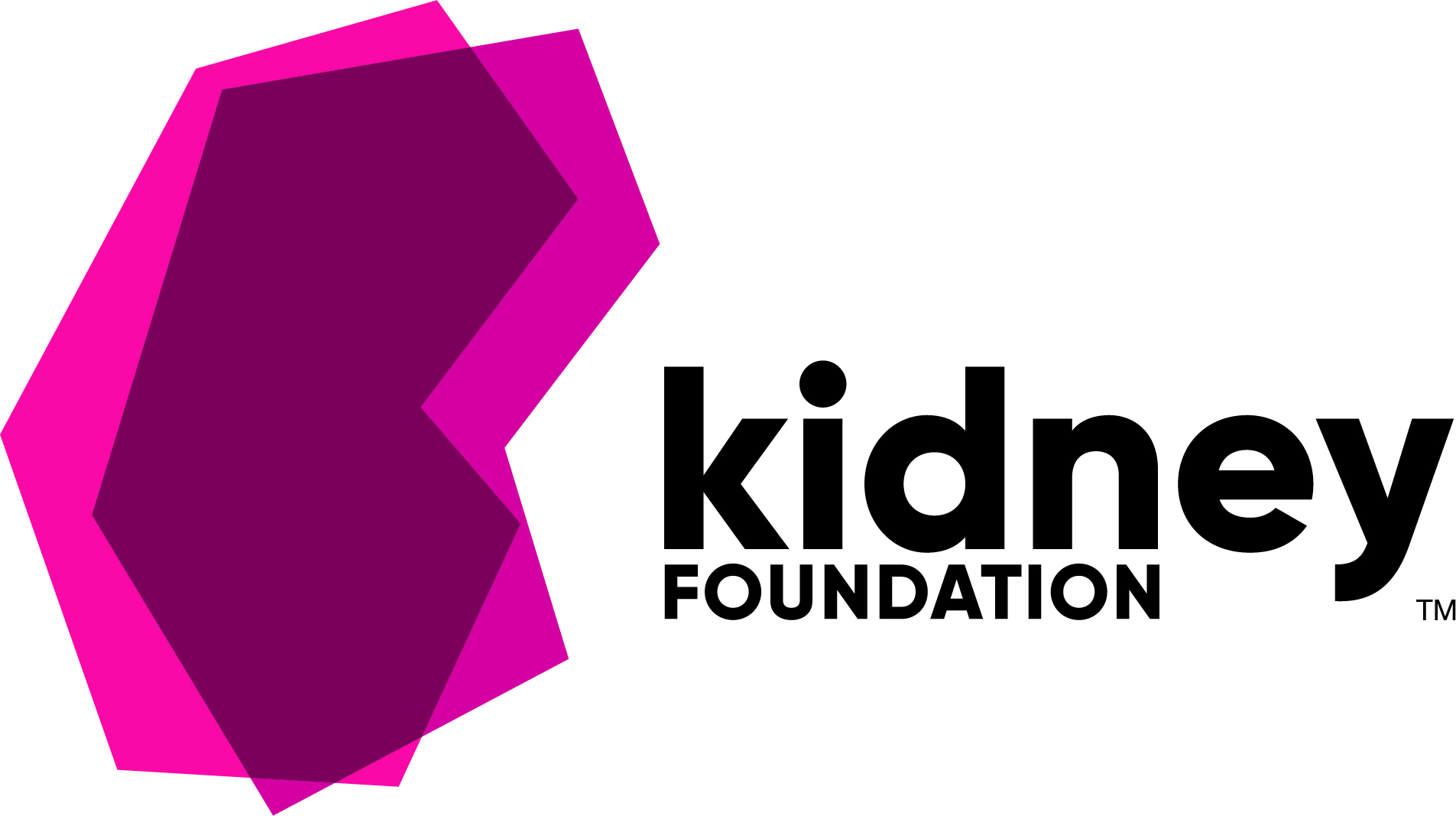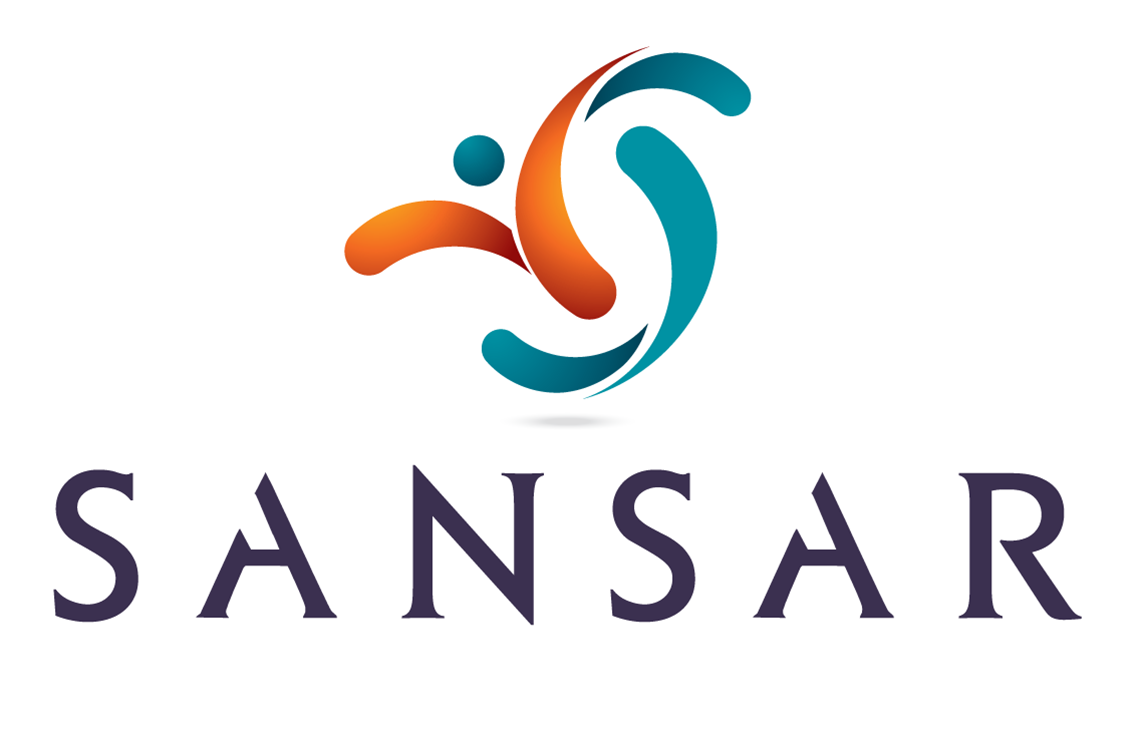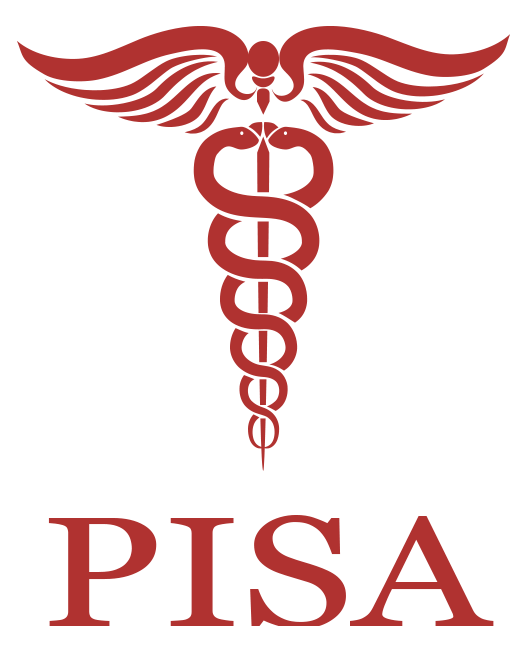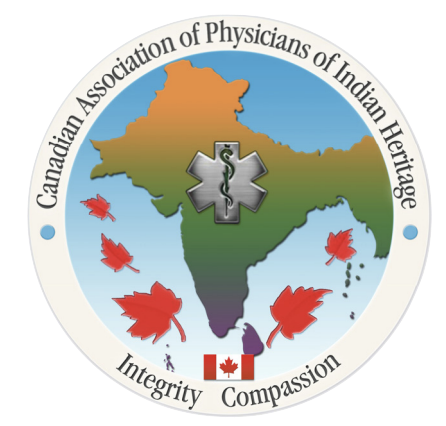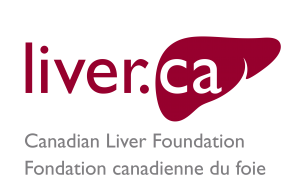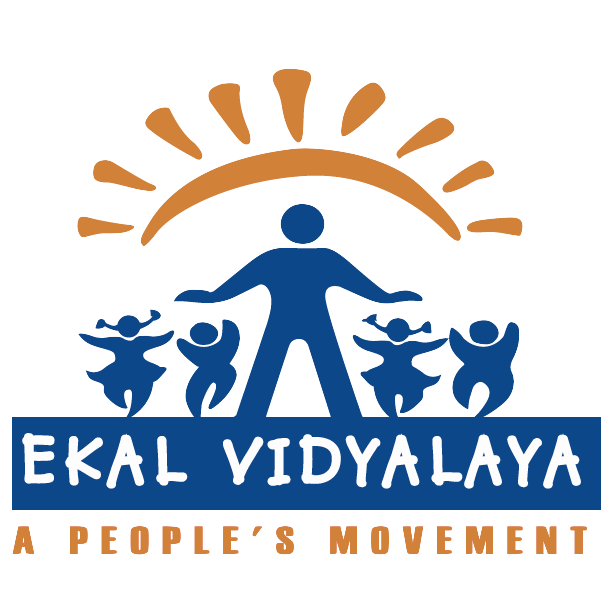Thank you for those who joined us for CINI 2022


Canada India Network Society
& GAPIO Midyear Meeting:
June 17th, 18th, & 19th
Women’s Health
Engaging & Empowerment for Healthy Civil Society
– Voices From the Trenches –
Program Details:
8:30 am - 8:35 am
Welcoming Remarks
Women's Health; Lowering Barriers: Voices from the Trenches
Moderator: Minnie Downey
8:35 am - 8:45 am
Introductory Remarks
Co-Chairs: Dr. Lesa Dawson (CINS) and Dr. Nita Bhandari (GAPIO)
8:45 am - 9:15 am
Women’s Cancer Prevention in British Columbia: New research, New hope
Speaker: Dr. Lesa Dawson
Abstract: Ovarian cancer is one of the most lethal cancers diagnosed in Canadian women, largely because there is no effective screening test for early detection. Advances in research have recently discovered that prevention for ovarian cancer is not only possible but can be lifesaving. In this presentation, Dr. Dawson will highlight two new promising topics in ovarian prevention research.
The first is focused on the identification of families with hereditary, inherited elevated risk for cancer. In these individuals, a faulty gene, BRCA 1 or 2 may be passed down through either parent, and the risk of certain cancers may be increased as much as 10 fold compared to the general population. In these families, cases of cancer are more common, typically breast cancer at a young age, ovarian cancer or advanced prostate cancer. Genetic testing at BC Cancer Hereditary Cancer Program can determine which patients may have these gene changes(mutations) and can identify healthy individuals at high risk before cancer occurs. These women can then access enhanced screening and preventative surgeries which are highly effective. There is need to increase awareness about hereditary cancer and access to genetic testing for South Asian families in BC.
The second is the new research from the Gynecologic Oncology team at UBC which has demonstrated that many ovarian cancers originally begin in the fallopian tube, and that women who have fallopian tubes removed at the time of another operation (instead of tubal ligation or at the time of hysterectomy) reduce ovarian cancer risk. This procedure, called opportunistic salpingectomy is a highly promising new strategy for cancer prevention and is an option for all women, not just those at high risk. There is a need for education of both the public and health care providers about this new promising research.
9:15 am - 9:35 am
Cervical Cancer ‘Elimination of cervical cancer’ from a global perspective
Speaker: Dr. Gina Ogilvie
Abstract: Each year, globally over half a million women develop cervical cancer, and in 2018, the WHO named elimination of cervical cancer as a global public health priority. To accelerate the pace to reach this critical goal, there is an urgent need to evaluate strategies that optimize existing programs and catalyze new programs to improve HPV vaccine and cervical cancer screening coverage. In this presentation, Dr. Ogilvie will review the WHO and Canadian cervical cancer elimination goals; as well as discuss research and policy priorities to improve vaccination and screening coverage globally, Canada and BC.
9:35 am - 10:00 am
Fraser Health Population Public Health: Services for Women in Fraser Health
Speakers: Dr. Ingrid Tyler, Cheryl Prescott, Michelle Urbina
Abstract: Fraser Health Population Public Health (PPH) offers the following programs across the regional health authority: Communicable Diseases, Healthy Environments, Health Equity and Population Health, Health Protection, Maternal-Child and Immunizations, Overdose response, Population Health Observatory, Public Health Information Systems, South Asian Health Institute, Wellness Promotion, This presentation focuses on two programmatic areas offering public health services for women: maternal child and sexual health. The Maternal Child program overview includes both general and enhanced service for the Best Beginnings program and childhood immunizations uptake. Enhanced services include the Nurse Family Partnership and Early Family Visiting Program. The Sexual Health and Blood Borne Infections program provides enhanced services for populations within with Fraser Health who are most affected by sexually transmitted infections (STI) and blood borne infections. Enhanced services include testing, treatment and follow up care for STI and blood borne infections and support services for individuals living with HIV. Both presenters provide an overview of their respective programs in relation to women’s health and flag where women in Fraser Health may experience challenges or barriers to reach optimal health outcomes in each area discussed. Cervical Cancer ‘Elimination of cervical cancer’ from a global perspective.
10:00 am - 10:20 am
The toll of Mental illness
Speaker: Dr. Scott Lear
Abstract: In Canada, 1 in 5 people experience a mental illness annually. By the age of 40, half of all Canadians are diagnosed with a mental illness. In contrast, less than 10% have diabetes, and less than 1% are diagnosed with cancer each year. The recent pandemic has increased these numbers and risk factors disproportionately affect women and include lower SES and caring for others. Mental illness not only affects the individual but also their family, friends and work, costing Canadians $50 billion per year. Some of this burden is the result of inadequate health care systems for diagnosing and treating mental illness in a timely manner. I will use my recent experiences with depression to highlight the gaps in care and promise for the future, along with tips that may help in day-to-day self-care.
10:20 am - 10:40 am
Case studies of south Asian women on chronic pain from rheumatology practice
Speaker: Dr. Arina Garg
Abstract: In Canada, an estimated 7.6 million, or one in five people (across the lifespan), live with chronic pain, of which approximately 900,000 people (or 3% of the total population) are affected by fibromyalgia. Women are estimated to be twice more likely to develop the disease than men. Chronic pain is largely invisible, and those affected often feel disbelieved and rejected by the medical professionals.There are three main biological mechanisms that underpin pain -Nociceptive, Neuropathic and Nociplastic pain. Nociplastic pain results from a process termed central sensitization, which is present in up to 40% of patients with rheumatological diseases. Recognition of central sensitization is important in clinical care; its symptoms can influence the assessment and adversely impact the outcome of patients with the associated rheumatologic and musculoskeletal disorders. Centralized pain is also an important mechanism underlying fibromyalgia and related chronic pain disorders, including irritable bowel syndrome, interstitial cystitis/bladder pain syndrome, and temporomandibular disorder. The management of chronic pain in patients with rheumatic disease requires a better understanding of centralized pain in chronic systemic and regional rheumatic and musculoskeletal pain disorders. Chronic pain, like other chronic diseases, is best understood within a biopsychosocial framework, and its treatment should integrate pharmacological, physical, psychological, spiritual, self-management, and other approaches, as appropriate. There is still a significant gap in understanding and addressing the unique challenges of chronic pain experienced by South Asian women
10:40 am - 10:50 am
BIO BREAK
10:50 am - 11:10 am
Women’s Health: Desirable or Essential and leadership challenges
Speaker: Dr. Shweta Prabhakar
Abstract: The World Health Organization (WHO) defines health as "a state of complete physical, mental and social well-being and not merely the absence of disease or infirmity".
Being a man or a woman has a significant impact on health, due to biological and gender-related influences. Women and girls continue to face new emerging health-related challenges, as the COVID-19 pandemic exacerbates existing inequalities and disrupts equal access to vital health and support services.
Is women’s Health Desirable or Essential?
Managing is a women’s innate ability. As Today’s women pick up the lion's share of unpaid care responsibilities, from childcare to caring for the sick and elderly and burning the candles in the offices seldom think about their health aspects. Another aspect is physical activity, which is a pivotal risk factor for NCD deaths worldwide, however, women and girls are generally less active than men and boys as a result of harmful gender norms which limit both their mobility and equal participation in physical activities such as sports. Obesity in women, especially during pregnancy, contributes to the health risks of their children and amplifies the inequities across generations.
Along with physical health issues, Stress, anger, marital disharmony, and depression are slowly creeping into her life and she thinks of it as a “private matter”.
Acknowledging the health issues and implementing a Balancing effect is the need of the hour. We tend to be so engrossed in our day-to-day work and other duties that we forget to take care of our bodies and mind. Practicing Yoga and meditation teaches us that taking care of ourselves is our first duty. Rest everything will fall in place and the universe will help us to perform our duties Also practice Mindful eating because we are what we eat!!
11:10 am - 11:30 am
Diabetes Prevention: Support After Pregnancy for South Asian Women in Surrey
Speaker: Dr. Reena Khurana
Abstract: Diabetes is a prevalent health issue in Surrey and North Delta and those who have experienced gestational diabetes are at especially high risk (40%) for developing Type 2 diabetes in the years following delivery. One of the health care gaps contributing to this problem is the lack of follow-up for post-partum patients. Recently we found that nearly 75% of patients with gestational diabetes had not completed the recommended blood glucose test by three months post-partum. Many of these patients may not have a family physician and are left to schedule follow-up appointments without reminders or support.
Community GPs and Endocrinologists in Surrey-North Delta are collaborating on a Shared Care project aimed at reducing the number of patients who fall through the cracks when transitioning from the Gestational Diabetes Management Program back to a primary care provider. The project will focus on the South Asian population in Surrey and North Delta as this is the largest ethnic group in the Gestational Diabetes Management Program. In collaboration with our South Asian community partners, we want to develop culturally specific recommendations for the awareness and prevention of diabetes.
With a focus on improving the transition process, increasing public awareness of the issue, and empowering primary care providers to proactively address post-partum care with their patients who have had gestational diabetes, we hope to help patients and their families reduce the risk of Type 2 diabetes.
11:30 am - 11:50 am
Barriers in Women’s Health-Evidence from Research Studies
Speakers: Dr. Karen Davison and Pulindu Ratnasekera
Abstract: Historically, sex and gender have not been considered in health research. For instance, most clinical trials for the prevention of heart disease studied middle-aged males and excluded women because of a complex set of assumptions, including the perception that women’s hearts were the same as men’s. In this presentation, the importance of sex/gender analysis in research will be highlighted with examples drawn from their investigative work. We will be highlighting two examples of our research – one related to depression and immigration status. The other example is a recent study we completed related to blood chromium levels in relation to type 2 diabetes and cardiovascular disease. In both projects we found important differences by sex. We also discuss how researchers & health programmers may include sex/gender considerations in the work they do.
11:50 am - 12:20 pm
Championing Women’s Health: Exploring Silver Linings of the Pandemic
Speaker: Ramdeep Dosanjh and Ricky Tsang
Abstract: The COVID-19 pandemic has significantly impacted women in terms of their physical and mental health. This study navigated how changes brought on by the pandemic have created the possibility for a more equitable post-pandemic future for women around the world in terms of their health. Maternal and Infant Health Canada (MIHCan) collaborated with women’s health experts through interviews and focus groups to discuss how to ameliorate women’s health. Two hundred and eighty experts were surveyed on topics relating to policy action and the current status of women’s health during the COVID-19 pandemic. From these experts, 65 participated in focus groups based in Egypt, Sudan, India, USA, Mexico or Canada over Zoom. These focus groups discussed mental health and silver linings during the pandemic. Open conversations with health experts have provided MIHCan with policy recommendations for the betterment of women's health. MIHCan is currently organizing a campaign, Break the Stigma, to promote open conversations about mental health and wellbeing. The COVID-19 pandemic has presented many prospects for change, also captured by global feminist recovery plans. This study of the silver linings of the pandemic illustrates that women’s health may be improved, despite setbacks.
12:20 pm - 12:30 pm
Summary and next steps
Co-Chairs
8:30 am - 8:35 am
Welcoming Remarks
Integrative thinking to integrative health
Moderator: Davin Garg (Board Member - CINS)
Co-Chair: Prof. Nirmal Kumar Ganguly, Dr. Arun Garg
8:35 am - 8:40 am
Introductory Remarks- Integrative Thinking to Integrative Health
Speaker: Prof. Nirmal Kumar Ganguly
8:40 am - 8:50 am
Special address: Integrative Medicine Post COVID-19
Speaker: Vaidya Rajesh Kotecha, Honourable Secretary, Ministry of AYUSH, Govt. of India
8:50 am - 9:20 am
What is integrative thinking to integrative Medicine: The Time Has Come for the Best of the East and Best of the West
Speaker: Dr. HR Nagendra
9:20 am - 9:30 am
Patients Perspective of Integrative Health – a personal journey
Speaker: Sobhana Jaya Madhavan
9:30 am - 10:35 am
Panel of Physicians – Building capacity in Integrative Health
Panel members: Dr. Jasdeep Saluja, Dr. Brenden Byrne, Dr. Bal Pawa,
Dr. Ramneek Dosanjh, Dr. Anurag Saxena, Dr. Hanna Nette
Pannel Moderator: Dr. Arun Garg
10:35 am - 10:50 am
Summary
Dr. Nirmal Kumar Ganguly
Next Steps - Building Capacity
Dr. Arun Garg
10:50 am - 11:05 am
BIO BREAK
11:05 am - 12:05 pm
Welcome Remarks
Maneesh Nanda (Board Member - CINS)
Introductory Remarks
Sirish Rao (Indian Summer Festival)
Artist as A Healer A Real Story: Shakti The Artistic and healing Force: A Reflection on Women's health for our times
Joint Project: Joint Project Indian Summer fest and CINS, Host Shushma Datt of Spice Radio
Speakers: Yogacharini Maitreyi, Hannah Marsh, Dr. Farah Shroff
12:05 pm - 12:15 pm
Closing remarks and recommendations
Draw for prizes
Dr. Arun Garg
